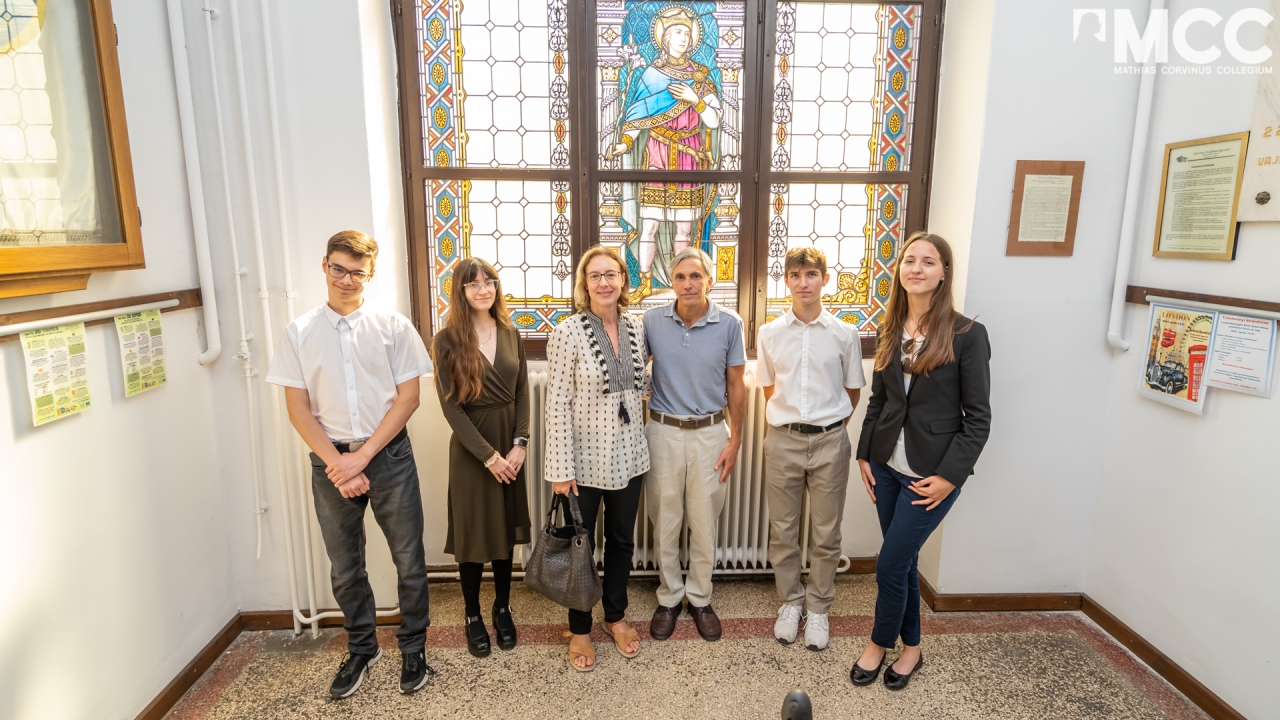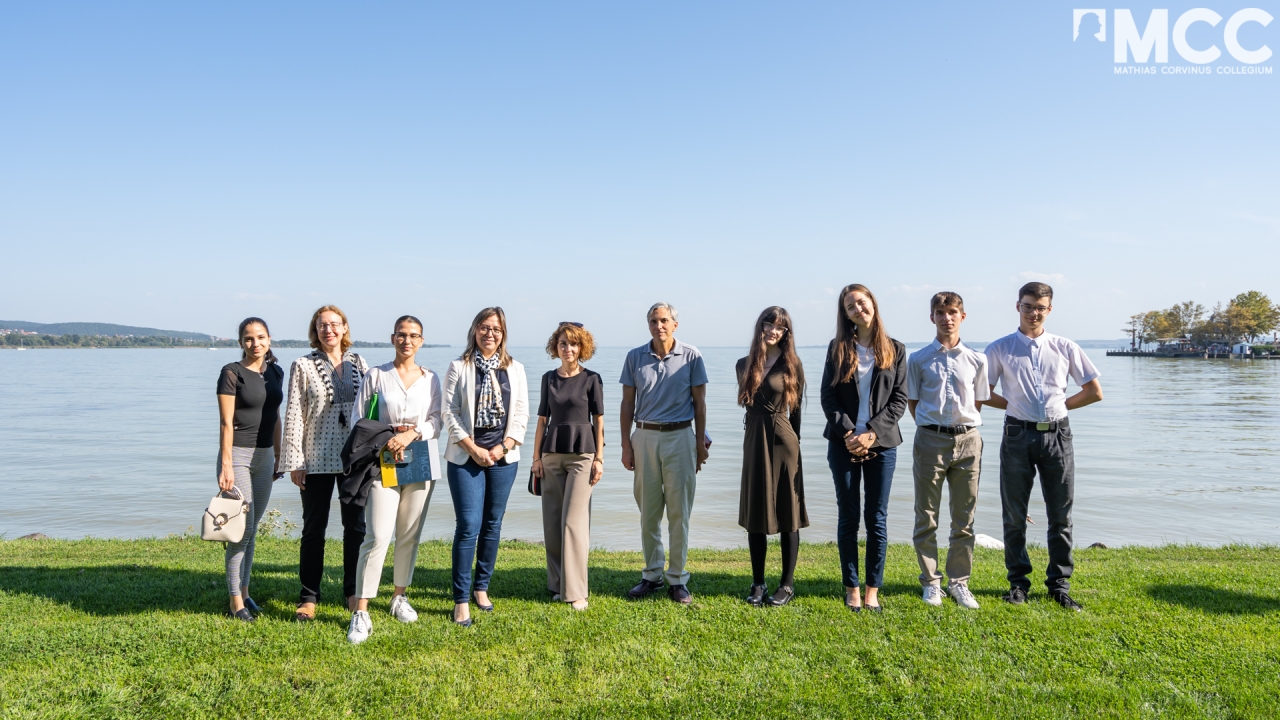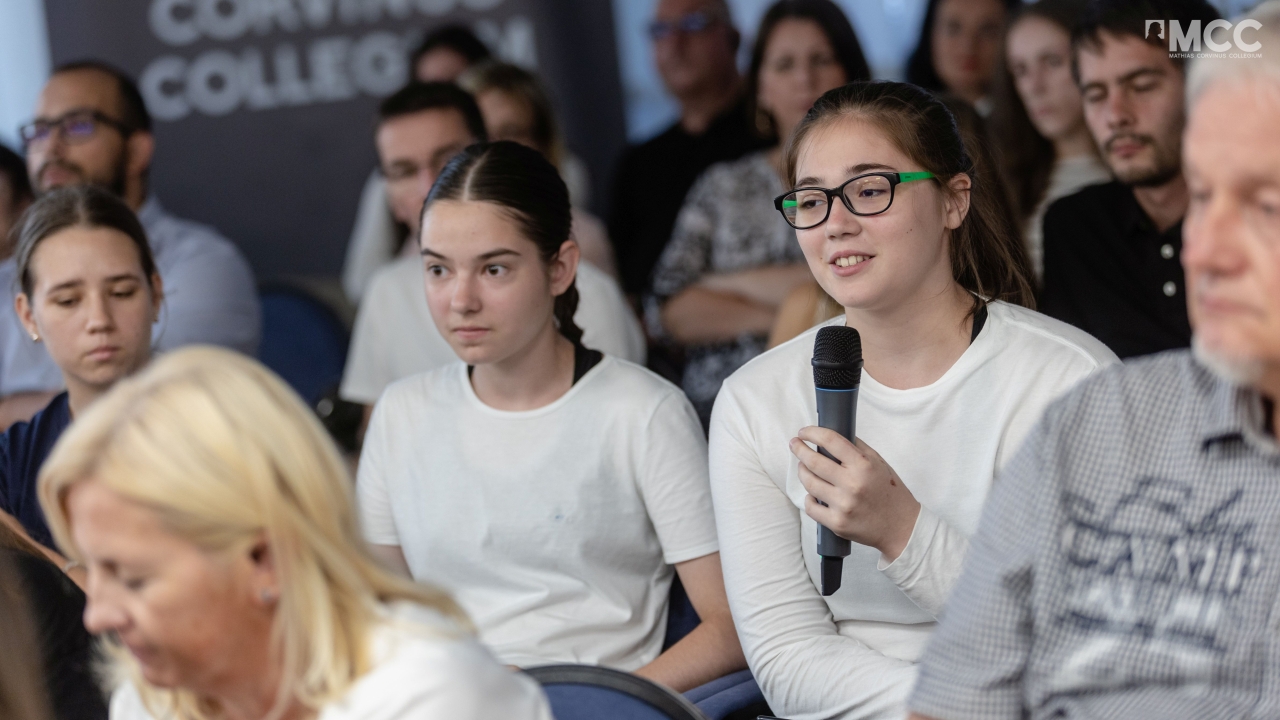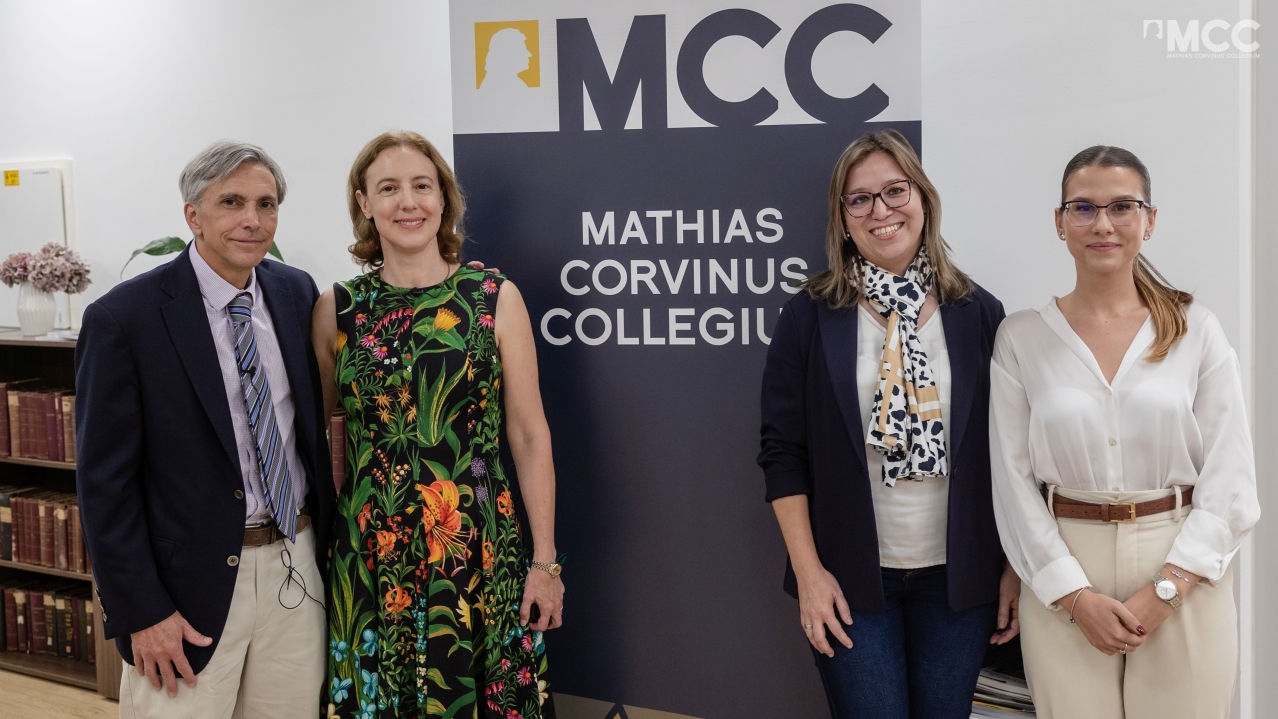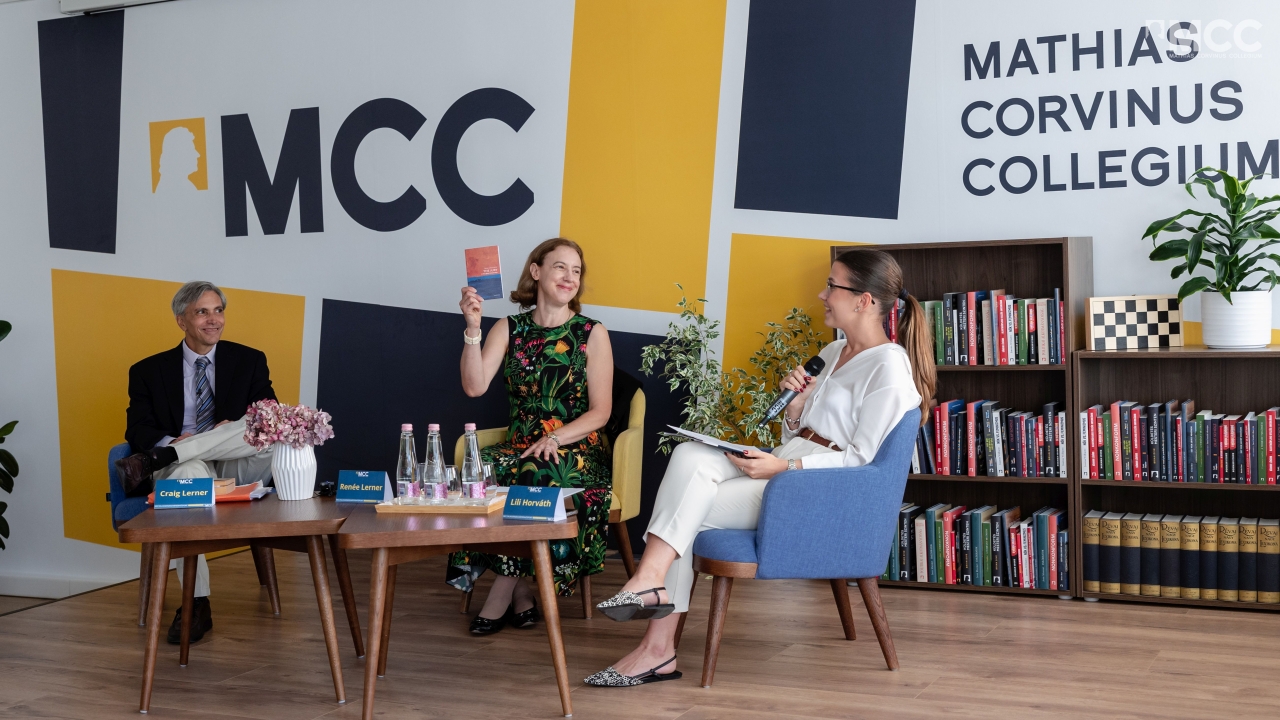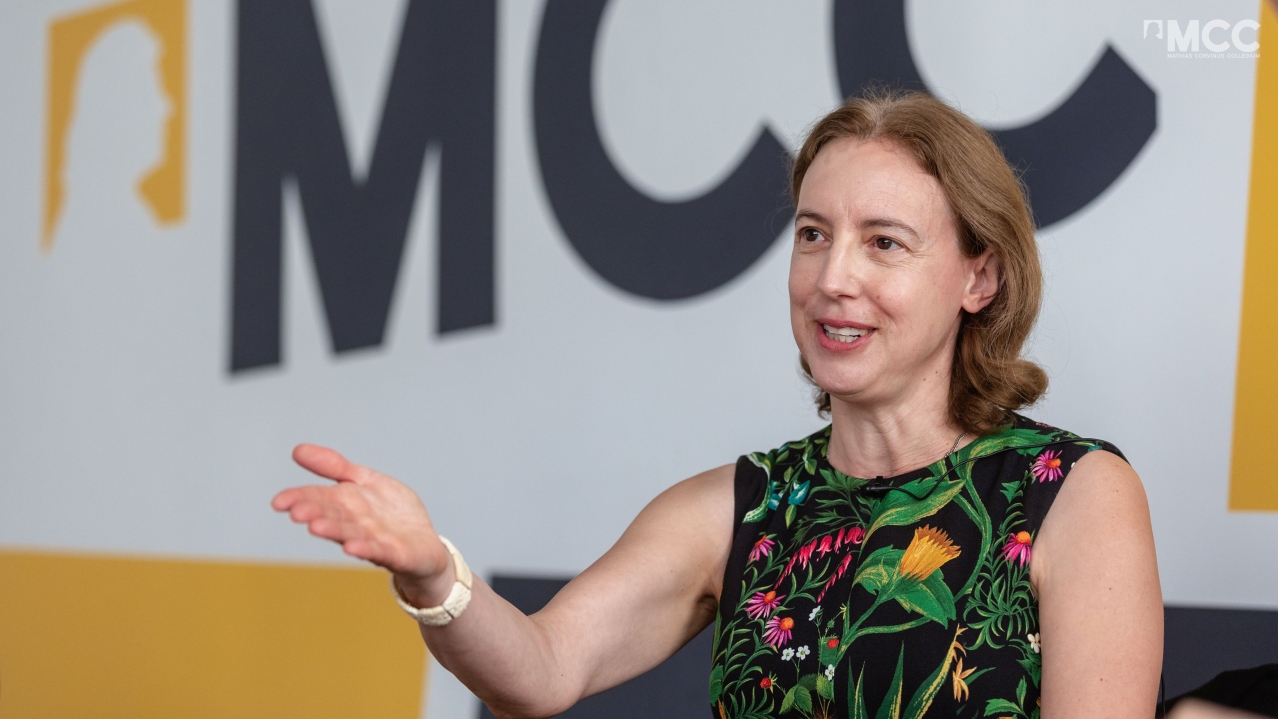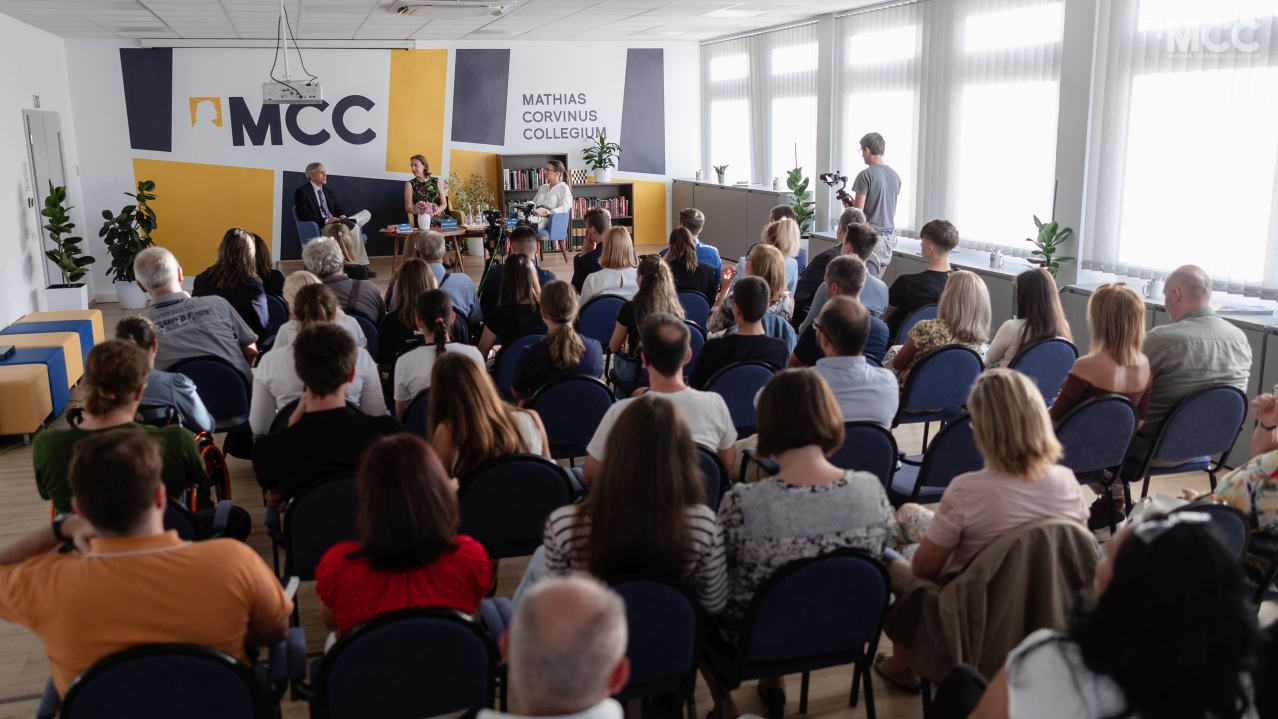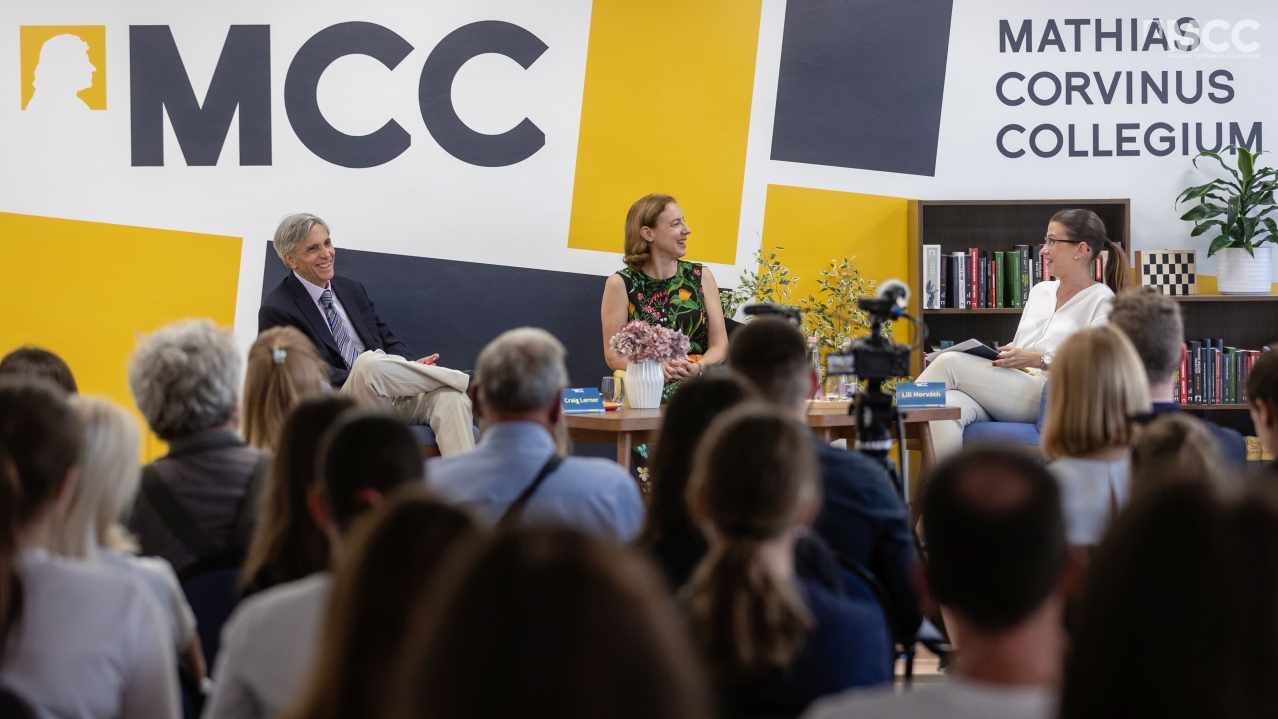Reading time: 2 minutes
What is the constitutional function of US "impeachment"? How does it differ from criminal prosecution? What US constitutional institutions play a role in the impeachment process? For what reasons is this procedure being used more often and what does it mean for American democracy? These and other exciting questions were answered at a recent panel discussion between Renée Lerner, Professor of Law at George Washington University and Craig Lerner, Professor of Law at George Mason University, at the MCC's Zalaegerszeg Centre, where we were given a glimpse into a fascinating area of American legal and political struggles.
Topics included the historical roots of impeachment, as well as recalling the historical and legal context of previous instances involving American presidents.
The discussion shed light on how the political polarization of recent decades plays a role in resorting to this procedure not only against presidents, but also against lower-level political leaders. Additionally, the discussion touched on the relationship with jury trials.
The panel discussion was in English and moderated by Horváth Lili, the professional coordinator of the Center For International Law and an MCC student.
Before and after the public presentation, the law professors met with students from the MCC High School Program in Zalaegerszeg.
The high school students from Keszthely and Zalaegerszeg introduced Zala County, the Balaton region, their school, and the sights of Keszthely and the county capital to the American guests. They discussed the peculiarities of the American education system, the challenges of career choices, the importance of gaining experience, and the similarities and differences between high school and university studies. These discourses provided a great opportunity for the 11th and 12th-grade students, who otherwise attend Vajda János High School in Keszthely and Kölcsey Ferenc High School in Zalaegerszeg and speak English well, to develop their communication skills with native speakers.
